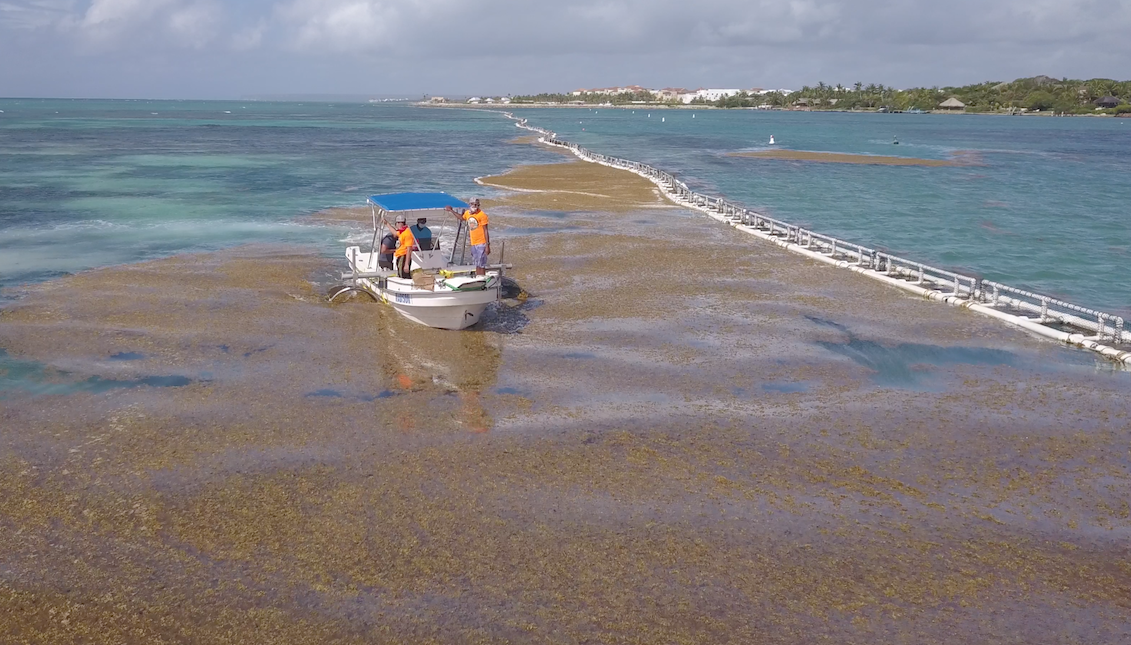
Obama signals changed in Latin American outlook with Yzaguirre appoiment
Raúl Yzaguirre may become the first U.S. ambassador who, at the time of his nomination, already has a policy institute (at the University of Texas, Pan American) named after him, as well as a charter school (in Houston) and a whole building just a few blocks from the White House.
On Nov. 30, three days after the Dominican Republic’s President Leonel Fernández prematurely announced his approval of Yzaguirre as ambassador to his country, President Obama made the civil rights champion’s nomination.
The appointment, which requires U.S. Senate confirmation, is one in a series by Obama since the coherence of his Latin American policy has come under critical scrutiny.
It comes in the wake of Arturo Valenzuela’s confirmation Nov. 3 as Assistant Secretary of State for Western Hemispheric Affairs. Valenzuela was previously a Special Assistant to the President in the Clinton Administration. He served on the National Security Council and focused on Inter-American Affairs. More recently, Valenzuela was a professor of government and director of the Center for Latin American Studies at Georgetown University. He replaces Assistant Secretary of State Thomas Shannon, who was nominated as the next U.S. Ambassador to Brazil.
Yzaguirre’s nomination, and the movements of other key individuals, including Obama’s appointment of Carlos Pascual, former Brookings Institution foreign policy director as Ambassador to Mexico may signal a slow but significant fielding of a team with a wide range of expertise.
The short list of slow U.S. attention issues concern drug trafficking, Cuba, Honduras, Hugo Chávez, Evo Morales, ones that have traditionally sucked the oxygen out of the thin atmosphere of better understanding of Latin America. Brazil’s president Lula da Silva, for one, has publicly voiced disappointment with the U.S. failure to look at the broader picture. Yzaguirre is no stranger to Latin America.
One of my first observations of him came in 1993 when, in a snowed-in hotel in suburban Washington, D.C., he led a planning group that mapped out a strategy to bring around a wide group of Latino leaders to support the proposed North American Free Trade Agreement. The next year he was part of an international delegation arranged by former president Jimmy Carter to observe the 1994 Mexican presidential election. On that mission, he went to the state of Chiapas that had just experienced an uprising by the Zapatista Army of National Liberation.
The Administration’s recent nominations may signal a new hemispheric awareness within the Obama foreign policy team. A realistic appraisal can be quite different when considering how China and other Asian countries have discovered the strategic trade and market importance of some Latin American locations. The shipping lanes radiating from the Panama Canal Zone to U.S. ports and to and from NAFTA and Central American Free Trade (CAFTA) countries are increasingly important to world trade.
The Dominican Republic is a member of CAFTA, although a Caribbean country. Strategically located between Cuba and Puerto Rico, it shares an island with Haiti, where immigration (from Haiti), trade and economic development all weigh in as important issues. Yzaguirre, 70, is a surprise but logical choice of someone who thinks outside the perennial box.
Raised in San Juan, Texas, he is best known for his service as the National Council of La Raza’s president from 1974 to 2004. Under his stewardship, NCLR grew to 35,000 members in 41 states, Puerto Rico and the District of Columbia. He is a lifetime member of the Council on Foreign Relations. Since 2004, he has served a presidential professor at Arizona State University.
Yzaguirre replaces P. Robert Fannin, former Arizona Republican Party chairman. Dominican Today described his three-year ambassadorial tenure as “brief and lackluster.” Before Fannin, Hans H. Hertell, a Republican activist from Puerto Rico, served since 2001.
José de la Isla writes a weekly commentary for Hispanic Link News Service and is author of The Rise of Hispanic Political Power (2003). His latest digital book, sponsored by The Ford Foundation, is available free at www.DayNightLifeDeathHope.com. E-mail him at [email protected]. © 2009









DEJE UN COMENTARIO:
¡Únete a la discusión! Deja un comentario.